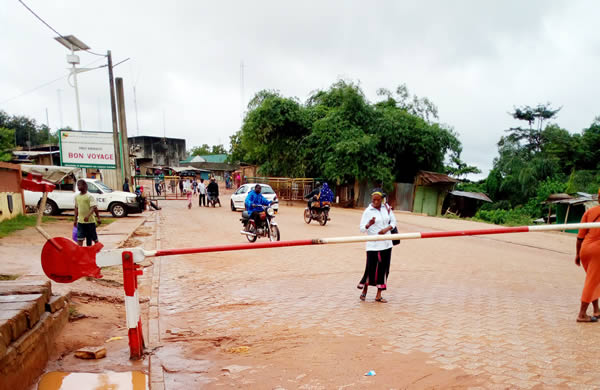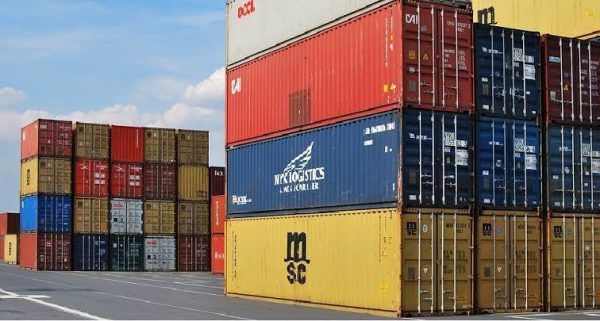West African traders seek end to international border closure

• Urge release of stranded loaded trucks
• Canvass waivers for farm produce
West African cross border traders under the aegis of the West Africa Association for Cross Border Trade in Agro-Forestry Pastoral and Fisheries Products (WACTAF) have called on the Economic Community of West African States (ECOWAS), to intervene in the Nigerian Government prolonged border closure.
The Group, in a letter to the President, ECOWAS Commission, dated February 8th, 2020, which was obtained by media source, said the border closure has had severe impact on the businesses of its members, who have been forced out of trade for nearly six months now.
The letter, signed by its Second Regional Secretary, Salami Alasoadua, also urged the Nigeria Government to take necessary steps for the release of loaded trucks stuck at various border posts, as their cargoes, particularly perishable items, are rotting away without a ray of hope.
Alasoadua said: “It is important to note that WACTAF chapters in other ECOWAS member states, particularly the women (farmers & agro-business) in cross-border agricultural farm produce trade in Tomato, Chilli, Cucumber, Garlic, Potato, Ginger, Cabbage, Okra, Dry Pepper & Red Pepper, Onion, Carrot, Grains, Kolanut, Dry Chilli, Pineapple and other products. We appeal to the Nigerian Chapter to request for an exemption to enable them carry out their bilateral business activities in agricultural products,”
The letter further read in part: “Furthermore, by the provisions of Article 4 Paragraph ‘A’ of the additional protocol Number: 111/2001 dated 19th December, 2001 instituting the rules of products of origin for WAEMU products and Article 3 of protocol AP1/1/03 dated 31st January, 2003 pertaining to the concept of “originating goods from the West African Economic and Monetary Union (WEAMU)” member state livestock’s and Agricultural products’ movement.
“In this respect the provisions of articles 11 of protocols 111/2001, and 10 of protocol A/PI/1/03 exempt the agricultural and breeding products from the certificate of origin while granting them the advantage linked to originating goods.
“As such, the livestock or agricultural products originating from one of the WEAMU and ECOWAS members shall be exempted from paying any doorway duties (Custom duty Statistics, Royalty, PC) at the entrance.
“However, while the PCS stand for a doorway duty, it is collected on the livestock originating from any ECOWAS country and non-WEAMU member states.”
Urging Nigeria to reconsider the partial closure of its land borders, the group said: “our organisation has instituted monitoring mechanism that would support the concerns of Nigerian Government in conjunction with our member states in ECOWAS, particularly Republic of Benin and Niger.
“We hereby wish to add that most of the agricultural products traded between ECOWAS states are seasonal, making members states inter-dependent on each other.
“We therefore request an exemption on the bilateral trade of agricultural products such as Tomato, Chili & Red Pepper, Irish Potatoes, Potatoes, Grains Ginger, Carrot and other products mentioned above, to ease the pains and economic downturn women in this business are facing due to the border closure.
“By extension, Nigerian farmers and other players in the value chain will have the advantage to earn foreign exchange, create job opportunities and improve the gross domestic products (GDP).”
The Minister for Agriculture and Rural Development, Sabo Nanono, had, in a related development, explained that the border closure is a temporary measure aimed at addressing some socio-economic issues affecting Nigeria through land borders with its neighbouring countries.







